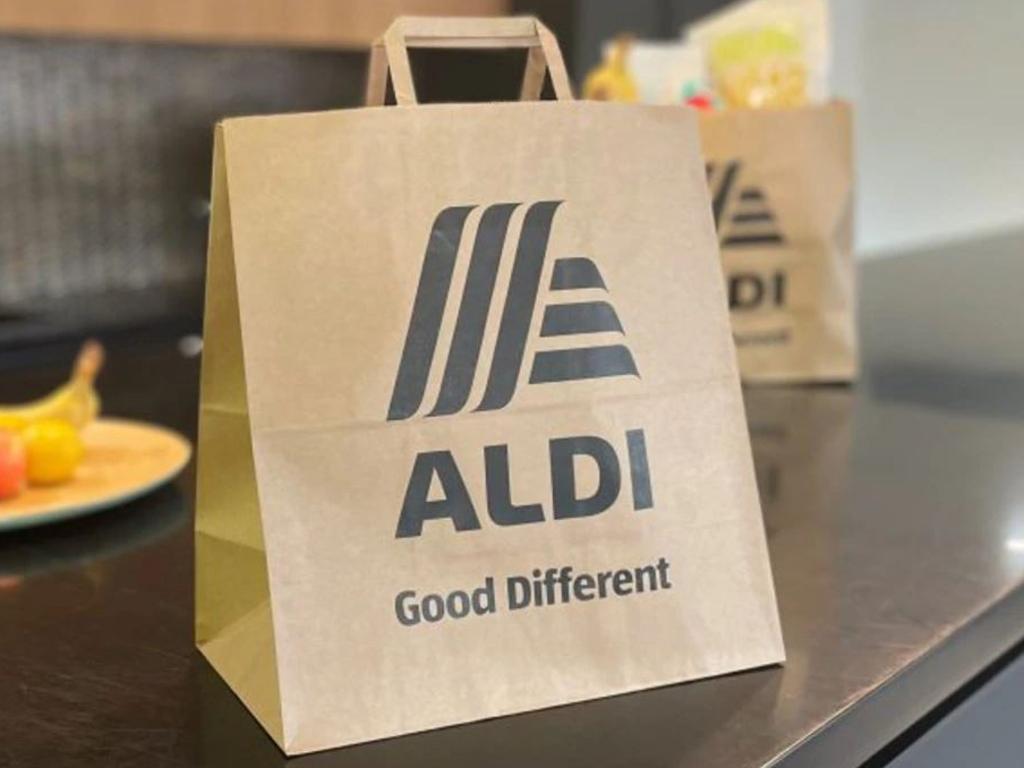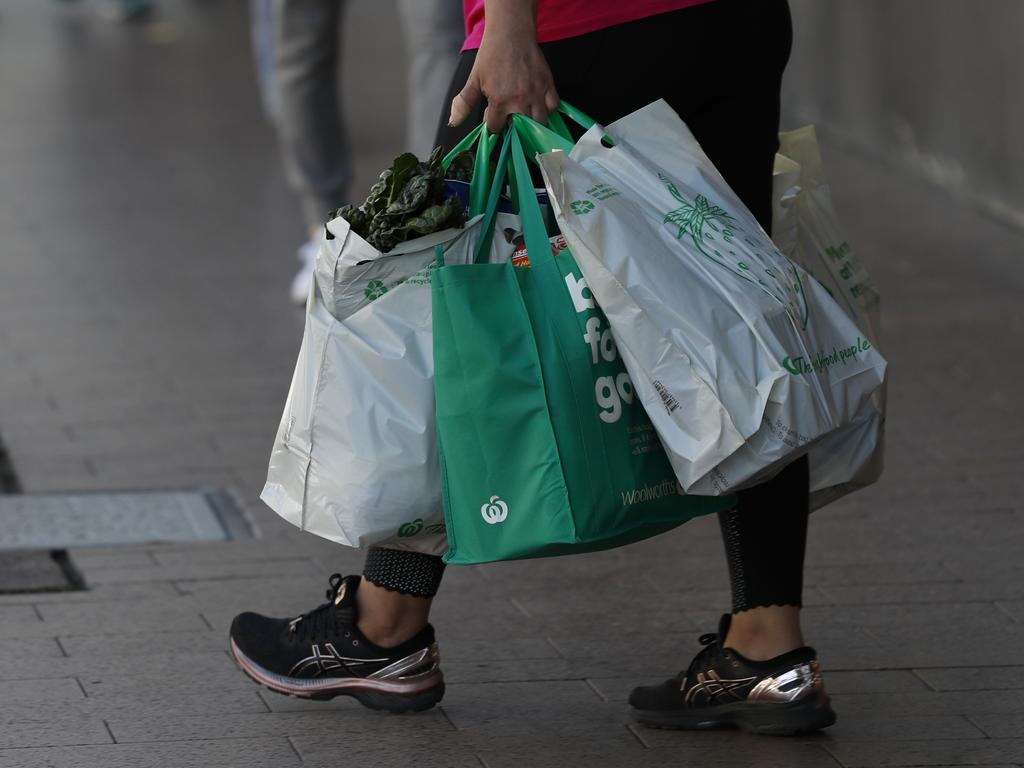‘A little different’: Aldi announces change to supermarket shelves
Aldi customers can anticipate supermarket shelves to look “a little different” in the coming months amid its continued sustainability efforts.
Aldi customers can anticipate supermarket shelves to look “a little different” in the coming months amid its continued sustainability efforts.
According to the German grocery giant’s latest report, Making Sustainability Affordable, a number of products will undergo subtle changes, as part of Aldi Australia’s commitment to reduce its use of plastic packaging by 25 per cent come 2025.
Its “everyday range” of batteries will transition from plastic to paper packaging – resulting in the elimination of roughly 17 tonnes of plastic waste annually. Later this year, styrofoam noodle cups will also be phased out, and instead replaced with a paper-based recyclable alternative.
“Flow-wrap packaging” – meaning no tray – has also been implemented for Aldi’s Jindurra Station two-star beef mince cuts, resulting in 70 per cent less plastic than “traditional” packaging alternatives.
Aldi Australia’s sustainability director, Daniel Baker, said both new and current customers shopping with the supermarket can “rest assured that doing the right thing for the planet and saving money at the till aren’t mutually exclusive”.

“As a business, we are fundamentally focused on delivering for our customers, and we are keenly aware many of them are feeling the pinch right now,” Mr Baker said in a statement.
“For us, we won’t be beaten on the cost of the weekly shop, but that simple doesn’t come at the expense of our commitment to our ambitious sustainability initiatives.”
The retailer claims since it announced it’s plastic reduction aim in 2019, it has reduced 12.2 per cent of its plastic waste- removing a total 5500 tonnes of plastic from circulation.
“It’s difficult to ignore the negative impact plastic waste can have on our environment,” Mr Baker said.
“We have a responsibility to reduce our use of plastic packaging, and this is a responsibility we take very seriously at Aldi. In the same way we work with our supplier partners to ensure our top-notch product quality and affordable prices, we also work with them to innovate our packaging to ‘design-out’ plastic.”

Earlier this year, Aldi also introduced 25c paper bags at its check-outs for consumers nationwide.
“Ultimately, bringing your own bags every time you shop is the most sustainable option,” Mr Baker said in a statement at the time.
“We encourage customers to continue doing so, but when they can’t, our paper bags are now available.
“These may seem like small changes, but they all add up to make a big difference.”

The move followed similar announcements by Coles and Woolworths – with the latter phasing out reusable plastic bags in NSW, Victoria and Tasmania in a bid to stop selling them in June.
The process began last year in South Australia and the Northern Territory, before expanding to the ACT and Queensland.
Woolworths Supermarkets director of stores, Jeanette Fenske, said in April the supermarket was “excited” to “complete our national journey to remove the 15-cent plastic shopping bags from all our stores nationwide”.
“Having reusable bags on hand has become second nature for many shoppers, and so far we have seen our customers embrace this change with their usual eagerness to do good for the environment,” Ms Fenske added.
“We’re proud to be the first major supermarket to commit to removing these plastic shopping bags from our stores, and this change is an important step towards more sustainable grocery shopping across the country.”






